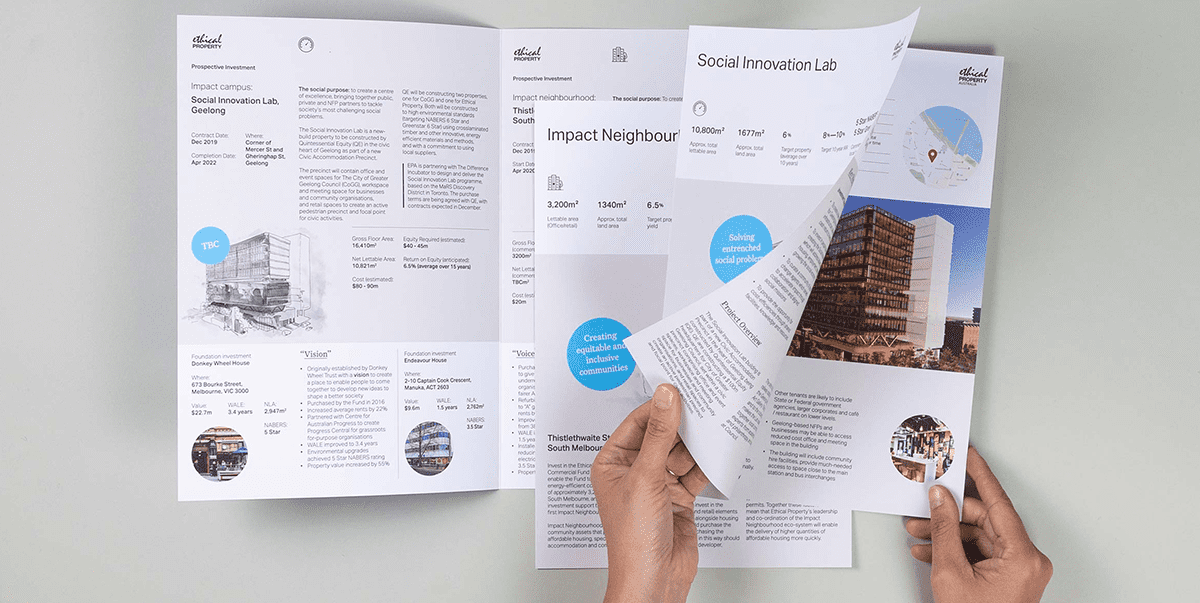
For those of you who had started writing a eulogy for the good old newsletter, stop right there! Newsletters are alive and thriving.
Recently, we’ve had a number of clients coming to us to develop enewsletters and company publications, and with good reason. Typically, newsletters have a specific audience and meet a need within the business. If you search Google you’ll get billions of hits for all kinds of newsletters.
Put simply, ‘a newsletter is a periodically published work containing news and announcements on some subject, typically with a small circulation’ – thanks online dictionary.
While many organisations grow organically, sprouting new arms and legs as the business expands, a newsletter or magazine is in a unique position to get specific information to an interested and already engaged audience.
Here’s three reasons why company newsletters still work:
1) Stakeholders care.
Keeping stakeholders in the loop is critical from a business perspective, but from an internal side it also helps employees stay informed about the other services and success stories happening elsewhere in the business. Informed staff are more likely to suggest alternative services, a win-win.
2) Stories create meaning.
Every story builds a picture of your organisation, its people and who they impact on. Sharing stories about how employees interact with customers or about how the organisation is creating a positive impact is a valuable and authentic way to illustrate organisational culture and the values inherent it.
3) Knowledge is power.
A depth of knowledge lies within every organisation. Sharing knowledge is a way to build advocates and also demonstrate expertise.
Don’t keep all your knowledge to yourself— your customers will thank you for sharing.
Keep in mind that not all newsletters are created equally. Only the strong survive.

